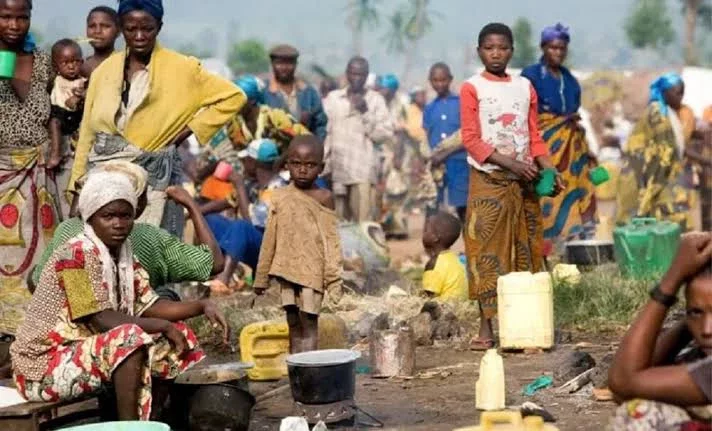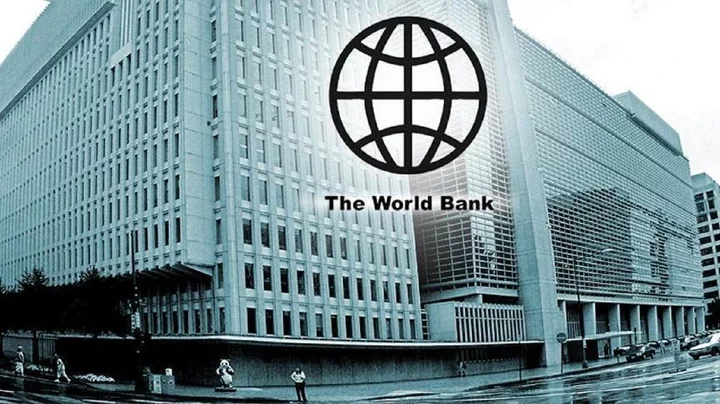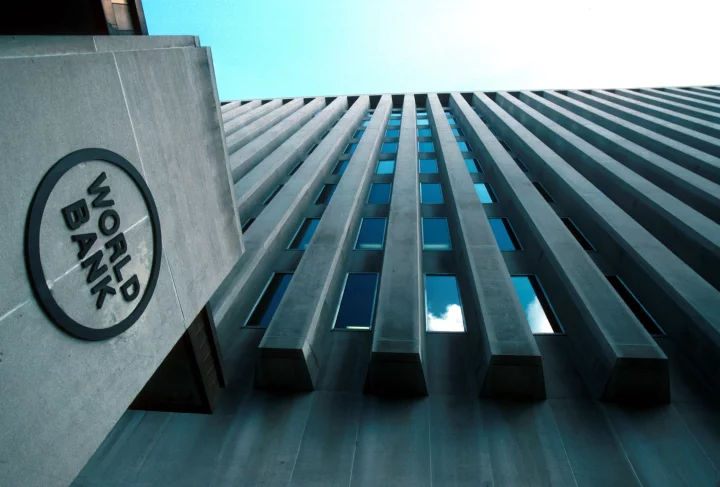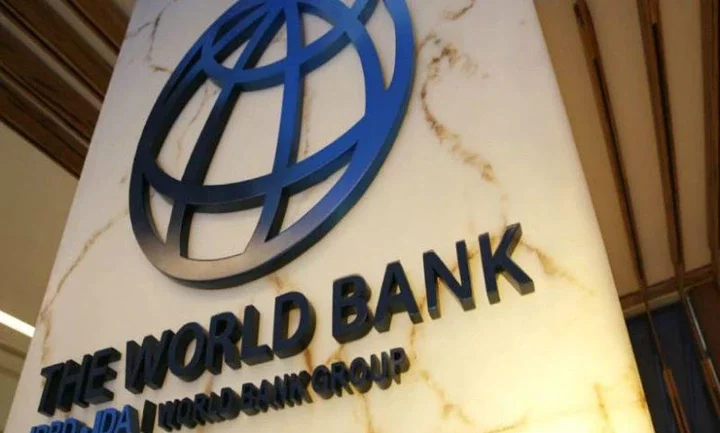
Increased access to the internet in Nigeria and Tanzania led to a 7% drop in extreme poverty and an 8% rise in job opportunities in just three years, a new World Bank report reveals.
The study, titled "Digital transformation drives development in Africa," demonstrated the ability of increased connectivity to create jobs, boost wages, thereby lifting people out of poverty.
"The minimal usage of mobile internet is a lost opportunity for inclusive growth in Africa," Andrew Dabalen, World Bank Chief Economist for Africa, said. He added, "Closing the uptake gap would unlock the continent's potential to generate jobs for its growing population and fuel economic recovery in a digital age."
The report gave a picture of Africa's digital surge. Over the past five years, the report said internet users in sub-Saharan Africa have increased by 115%.
However, the report also revealed that despite widespread coverage, internet usage remains significantly lower. While 84% of people have access to 3G and 63% to 4G networks, only 22% actively use mobile internet. Similarly, 61% live within the broadband range but haven't subscribed.
Recall that Dr. Bosun Tijani, Nigeria's Minister of Communications, Innovation and Digital Economy, recently acknowledged the affordability of data in Nigeria but expressed worry about the challenge of expanding infrastructure beyond major cities. "Many operators are not willing to lay fibre in rural areas due to profitability concerns," he said.














Comments